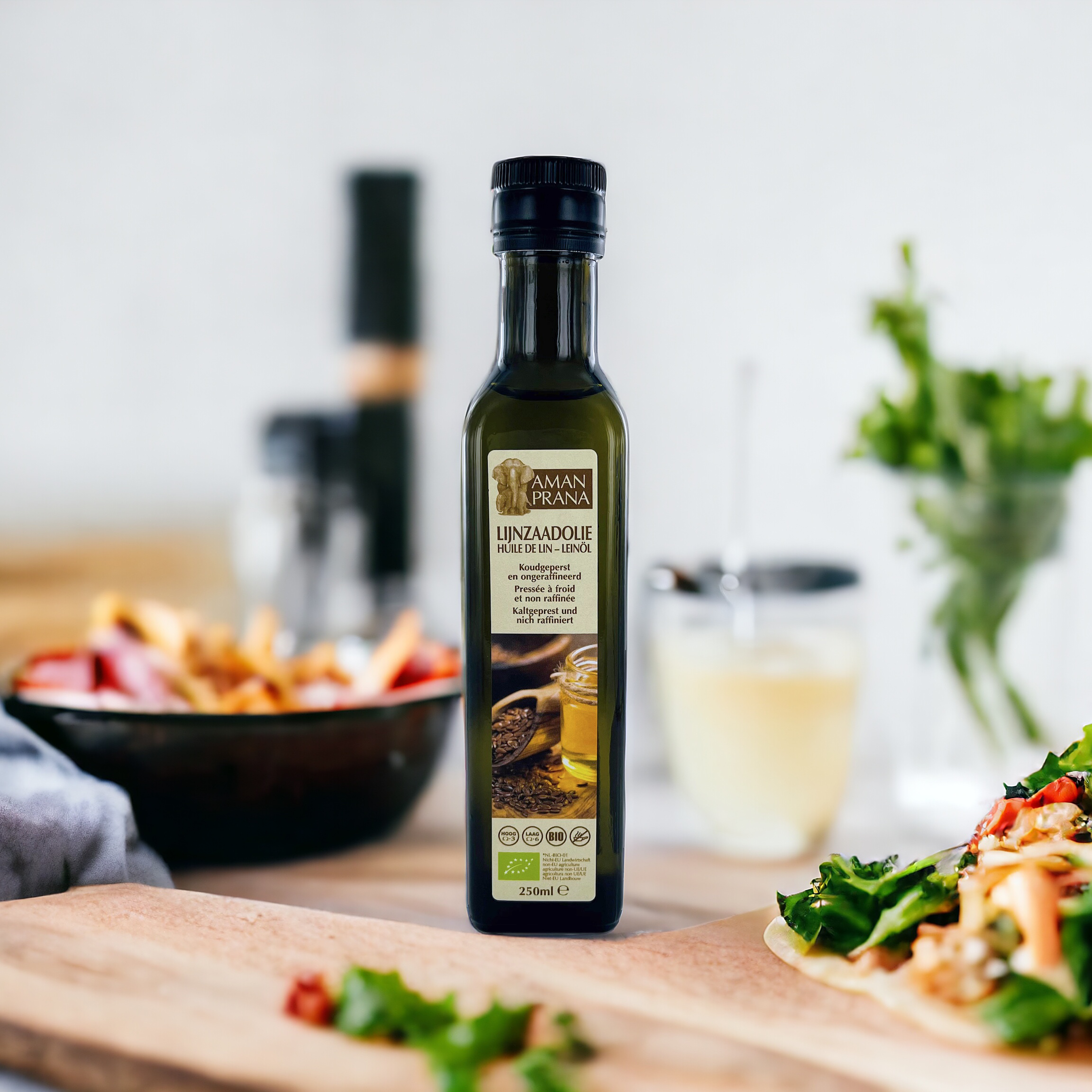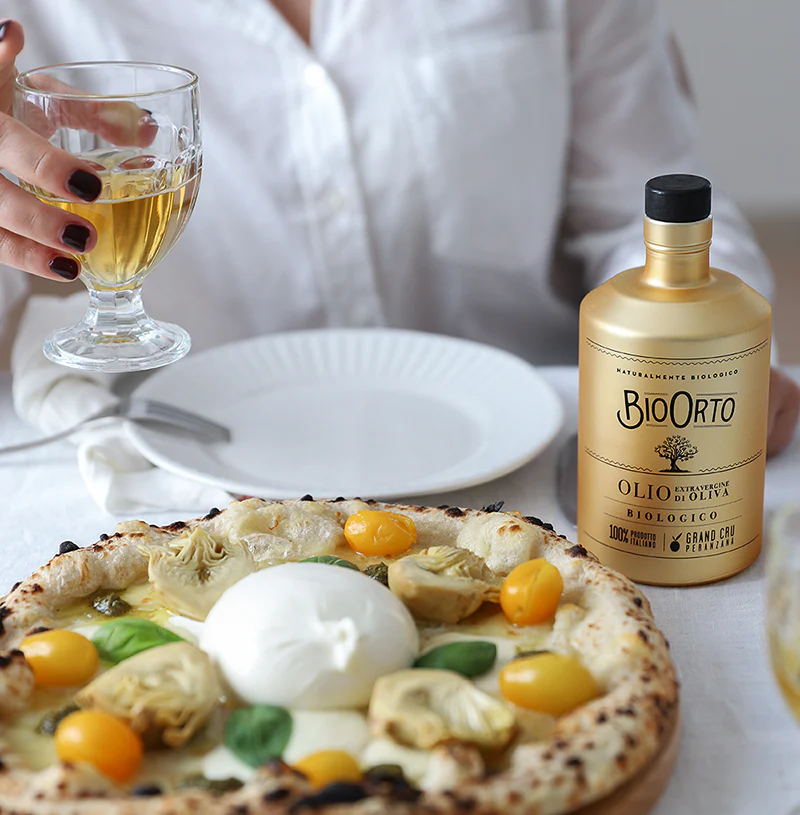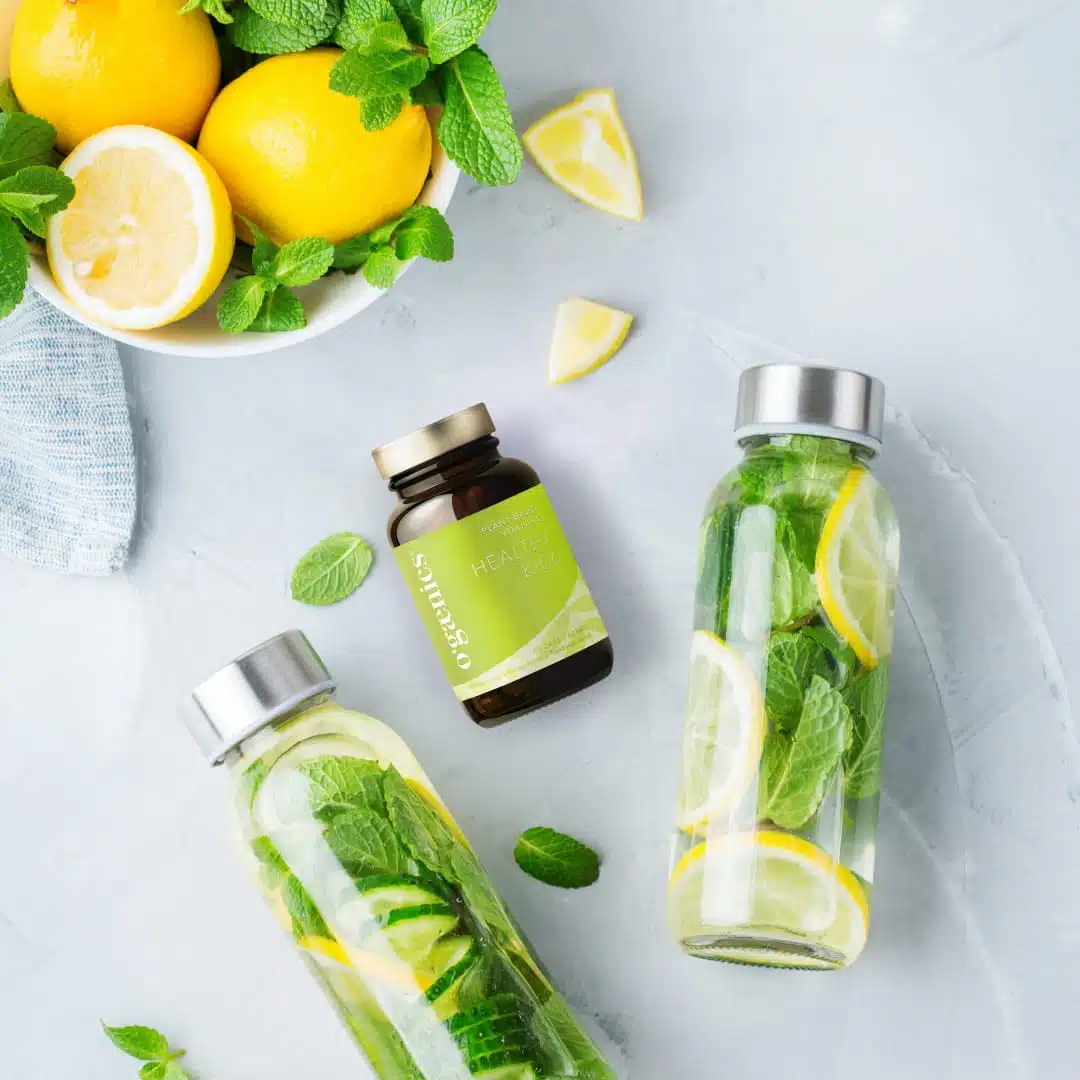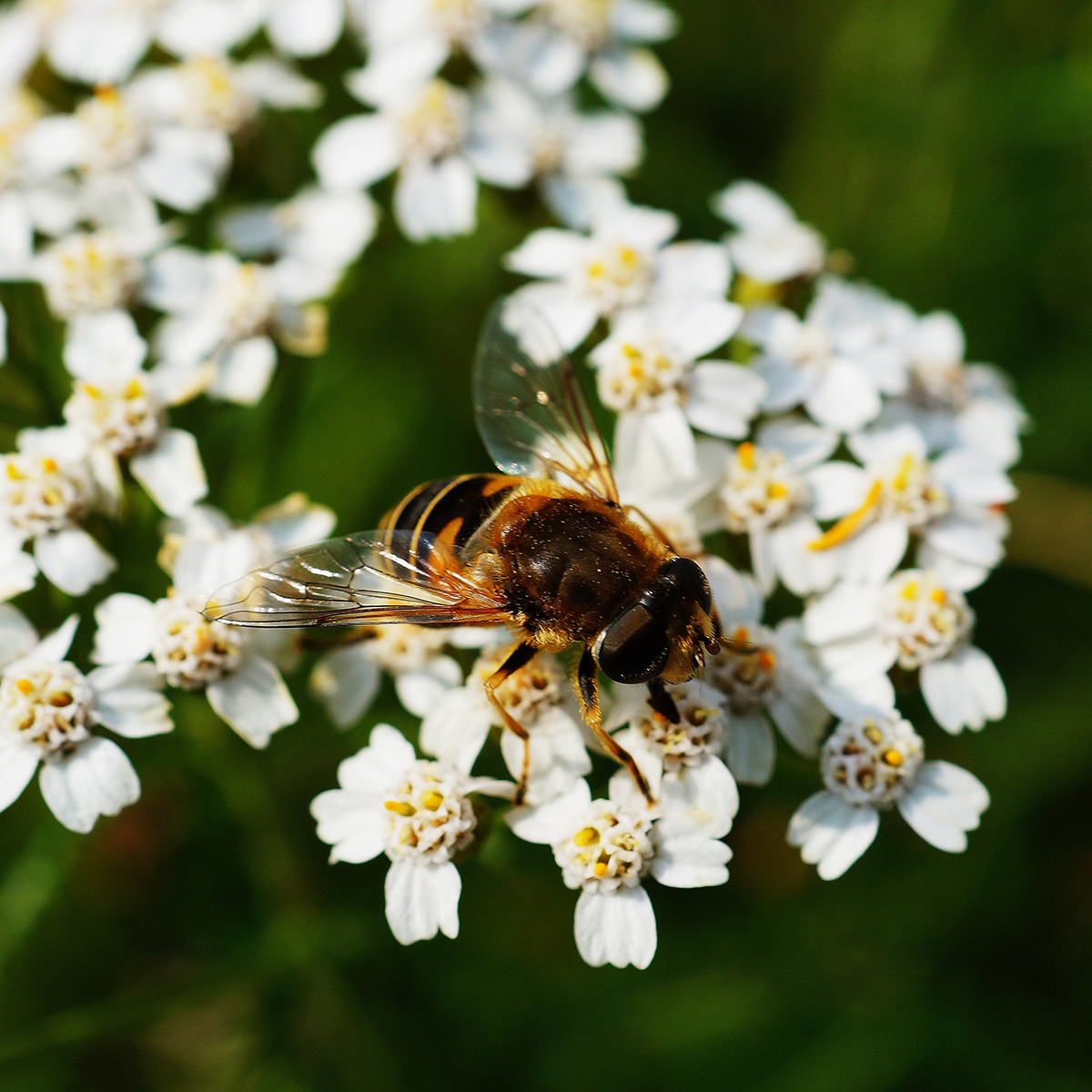An olive oil of high quality should above all else be extra virgin. There’s no arguing that. Yet, there are still many differences between the extra virgin olive oils available on today’s market. Do you know which one you should buy? Use this checklist.
Click on the image to download the checklist.
1/ The perfect olive oil is always organic
It’s very simple: pesticides may keep away insects and therefore promote the growth of olives but they are not good for nature nor for mankind. And olives that do not naturally keep insects away are ‘weaker’ than the olives that ‘fight and win’.
2/ The perfect olive oil is always protected by a dark glass bottle
Extra virgin olive oil is sensitive to light. The quality of the oil and of its substances decrease quickly in a light or transparent bottle. And a glass bottle is also preferred above a plastic one. Not only for the flavour of the olive oil but also for the environment and for your health. The monomers from plastic seep into olive oil. And you consume these when using the olive oil.
3/ The perfect olive oil has a known (quality) origin
Do you want to be sure that your olive oil has a reliable origin? Look for the words "Denominación de Origen Protegida", or "D.O.P." in short, on the bottle. The Spanish ministry of Agriculture created the D.O.P. system to protect the quality and origin of Spanish olive oil. Users can rest assured that the olive trees used for their olive oil are located in a protected natural environment. D.O.P. refers to ‘Protected Place of Origin’.
4/ The perfect olive oil has a low acidity level
Legally, the acidity level of an extra virgin olive oil must always be lower than 0.8%. The lower the acidity level, the less free fatty acids and the better the flavour, fragrance and quality of the olive oil. This you can taste. (A delayed harvest, the use of damaged olives or use of olives pressed too late increases the acidity level.)
The best extra virgin olive oils have an acidity level of 0.25% or even lower. When this is the case, there’s a bonus: you can heat up the oil up to 180°C.
5/ The perfect olive oil has a low wax content
A high wax content suggests that second pressed olive oil was mixed with first cold pressed olive oil. And that’s not a good thing.
Wax (from trees) can be found in the peel of the olive, which for the most part disappears in the pulp during the first pressing. To squeeze out more olive oil, sometimes this pulp is pressed again. As a result, more wax is present within the second pressing.
For this reason, extra virgin olive oil has a legal maximum wax content of 250 parts per million (ppm). There are even olive oils with a wax content of only 125 parts per million.
6/ The perfect olive oil has low peroxidation
Peroxidation is a quality parameter that indicates to which degree the olive oil is damaged by oxygen. Olive oils of top quality are exposed to oxygen as little possible during pressing and storage. Their storage tanks have an hermetically sealed lid that follows the height of the olive oil during its pressing. Such olive oils will have peroxidation of less than 10. The legally allowed maximum peroxidation degree is 20.
7/ The perfect olive oil is pure
You may already have seen K 270 on some labels. K 270 refers to Kappa 270 and indicates the pureness of the olive oil. No twigs nor branches, leaves or other substances. The lower, the better. The legal maximum for extra virgin olive oil is 0.20. The better extra virgin olive oils even have values of less than 0.12.
8/ The perfect olive oil is harvested, pressed and bottled in the same place
The longer the time between the harvest and pressing, the lower the quality of the olive oil. Olive oil of the best quality comes from medium sized family companies or cooperatives that harvest, press and bottle on the same terrain or in the same area. They can perfectly plan each step, from harvest to bottling. The olives, for example, never have to wait before a press is available, as waiting time can diminish the quality of the olive oil.
Click here for the comparison of Amanprana olive oils Verde Salud and Hermanos Catalan!




















The information below is required for social login
Sign In
Create New Account